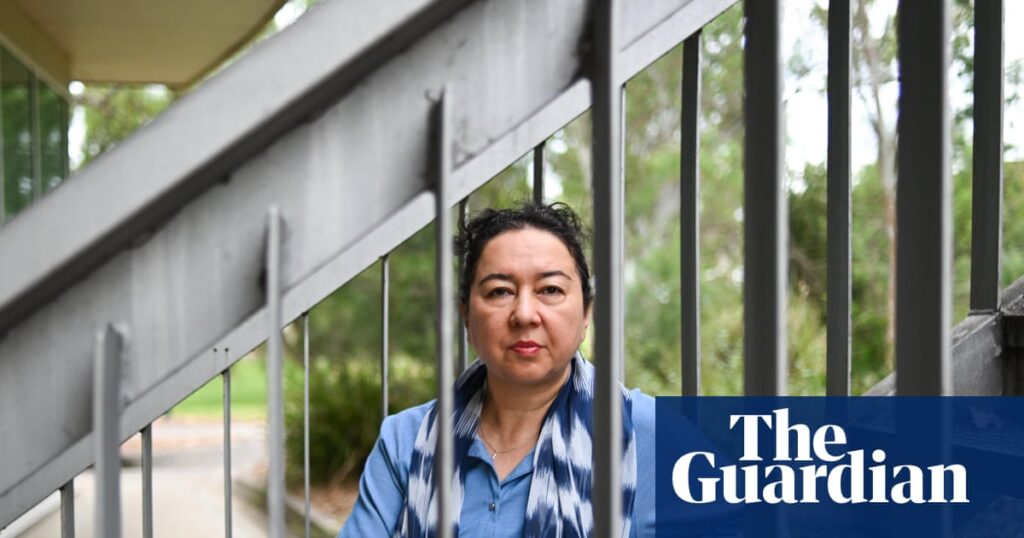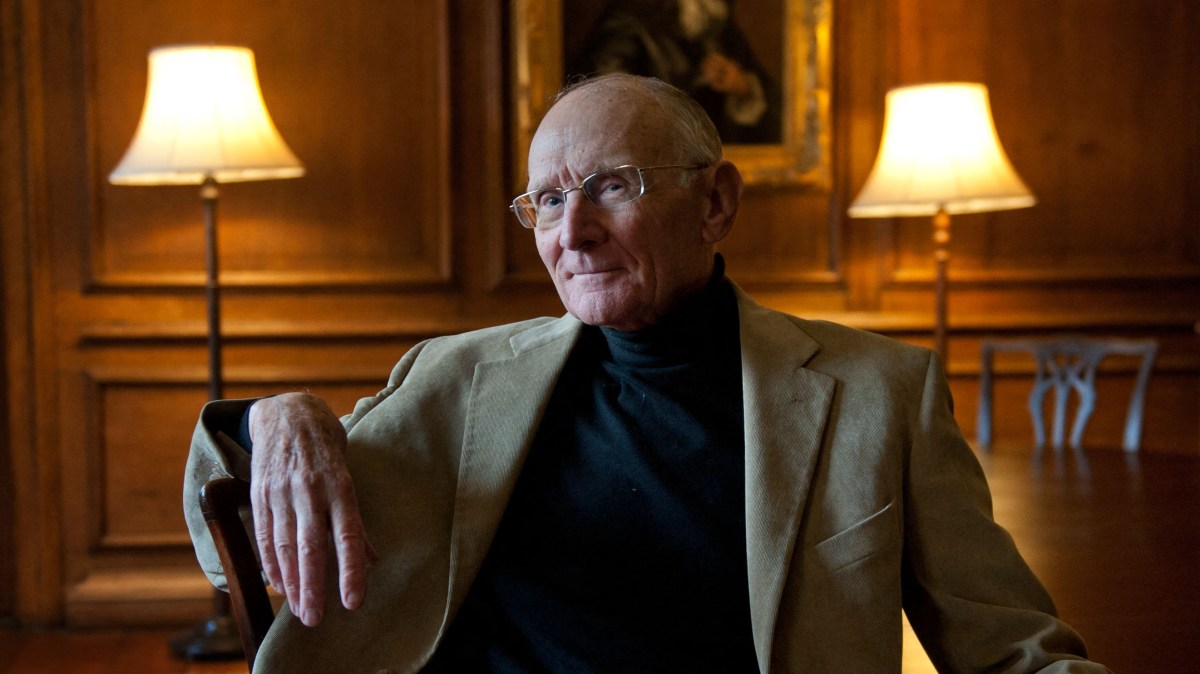
The letter was effusively polite, the allegations anything but. “We have the honour to address you,” began the correspondence from seven United Nations special rapporteurs to the head of Jiangsu Guotai Guosheng garment factory in China’s Xinjiang province. The 2021 letter detailed accusations of brutal working conditions for China’s Uyghur minority, reportedly subjected to forced transport, detention, and labor.
“Workers are reportedly required to work in fenced-in factories … allegedly exposed to intimidation, coercion, threats, and restriction on their freedom of movement, and are subjected to surveillance by security personnel and through digital tools,” the letter stated, requesting more information about these “grave concerns.”
Four years later, this letter has become a focal point in a federal court case in Australia. The Australian Uyghur Tangritagh Women’s Association (AUTWA) has brought the case against retailer Kmart, seeking preliminary discovery of documents related to Kmart’s supply chains and potential links to forced labor in Xinjiang, known as East Turkestan.
Scrutiny on Supply Chains
Jiangsu Guotai Guosheng appears on Kmart’s 2025 factory list. Kmart, along with other major retailers like Target and Big W, insists it has no connection to forced labor. However, Australia’s modern slavery laws merely require companies to report on their supply chains without imposing penalties for non-compliance.
In 2023, a review led by former ombudsman Prof John McMillan highlighted the ineffectiveness of Australia’s Modern Slavery Act, noting it hasn’t yet caused meaningful change. Among 30 recommendations, McMillan suggested the act be updated to require companies to address modern slavery risks actively, not just report them.
“There is no hard evidence that the Modern Slavery Act, in its early years, has yet caused meaningful change for people living in conditions of modern slavery,” McMillan’s report stated.
Calls for Legislative Action
Despite these recommendations, key changes have not been implemented. Australia’s anti-slavery commissioner, Chris Evans, emphasized the need for businesses to understand and address their supply chains’ risks. He noted that other countries have implemented high-risk product lists and import bans, measures Australia has yet to adopt.
Attorney General Michelle Rowland expressed the government’s commitment to combating modern slavery, prioritizing responses to the McMillan review and public consultations to inform future measures.
Impact on the Uyghur Community
Ramila Chanisheff, president of AUTWA, describes the court action against Kmart as a quest for transparency. “The state-sanctioned mass imprisonment, repression, and forced labor of Uyghur people is a known phenomenon,” she stated, demanding accountability from Kmart regarding its supply chain practices.
Chanisheff highlighted the personal toll on Australia’s Uyghur community, many of whom have lost contact with family members due to China’s policies. “Our community has lost family members, friends, and loved ones because of China’s brutal treatment of Uyghurs,” she said.
Kmart’s Response
Kmart expressed disappointment over the legal action, asserting that AUTWA had not engaged with the company to identify specific inadequacies. A spokesperson reiterated Kmart’s commitment to ethical sourcing and transparency, noting the retailer’s history of publicly disclosing its factory list.
“Transparency is a key principle of our Ethical Sourcing Program. Kmart publicly discloses its Factory List on its website and was the first Australian retailer to do so,” the spokesperson said.
Broader Implications and the Path Forward
Freya Dinshaw, associate legal director at the Human Rights Law Centre, emphasized the broader implications of the case, highlighting weaknesses in Australia’s modern slavery laws. “It shouldn’t be left to members of the public to take companies to court and force them to open their books,” she argued.
Anti-slavery campaigners Fuzz and Carolyn Kitto of Be Slavery Free stress the need for evolving strategies to combat modern slavery, which they describe as a “fast-moving crime.” They advocate for a “due diligence” model in Australia, requiring companies to act on identified slavery risks.
“Modern slavery doesn’t stay still,” Fuzz Kitto stated. “In our estimation … about 30,000 new people every single day are being caught in slavery. And we can get out about 180 a day: 30,000 in, 180 out.”
Fiona David, founder of Fair Futures and a creator of the Global Slavery Index, called for stronger legislation to ban the import of goods made with forced labor. “It’s unacceptable that in Australia at the moment, there is nothing to stop or prohibit people from importing goods into Australia that have been made or that have been suspected to have been made by forced labor,” she said.
As the court case unfolds, the pressure mounts on both Kmart and the Australian government to address these critical issues, with potential implications for global supply chain practices and human rights standards.







